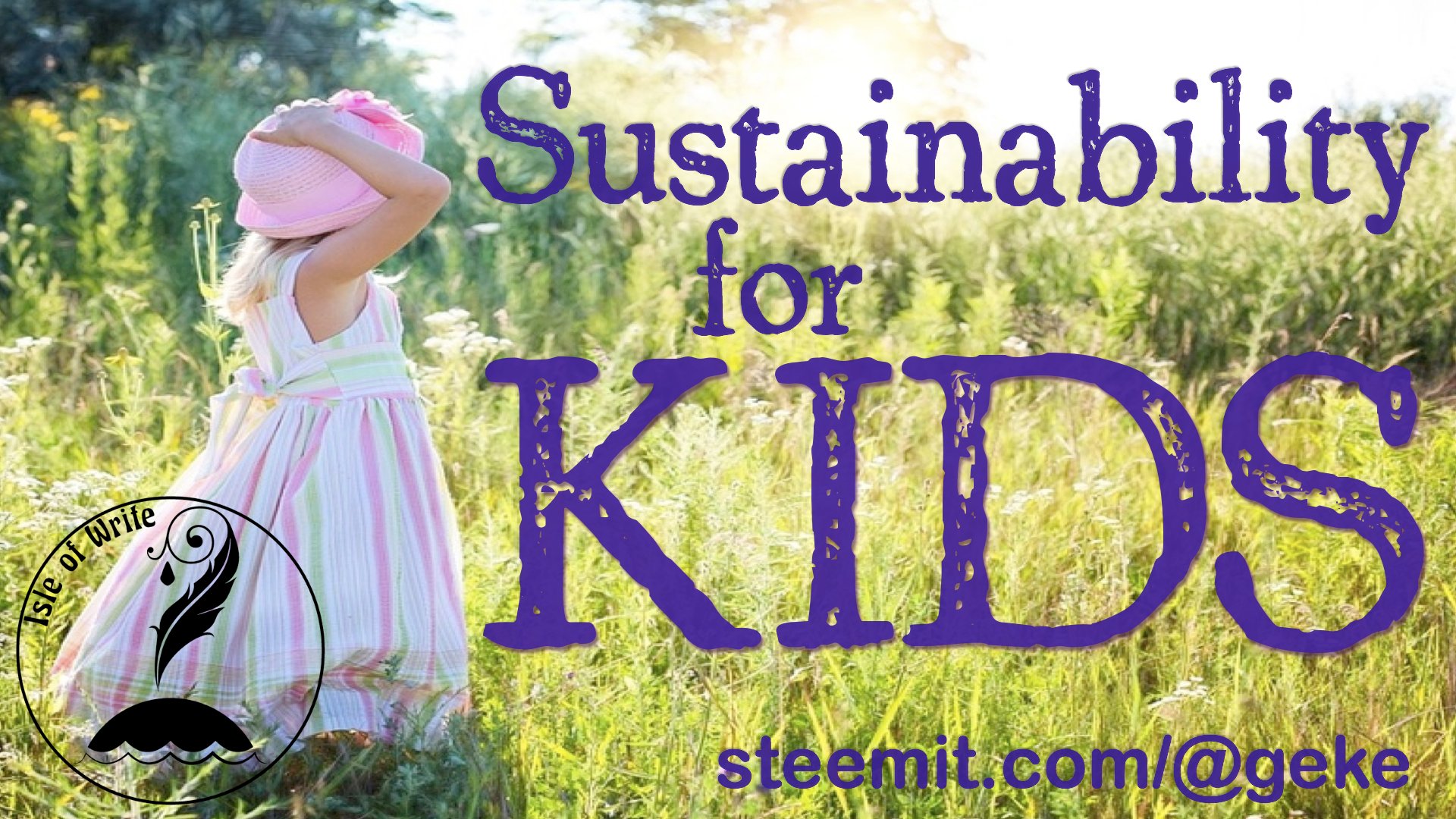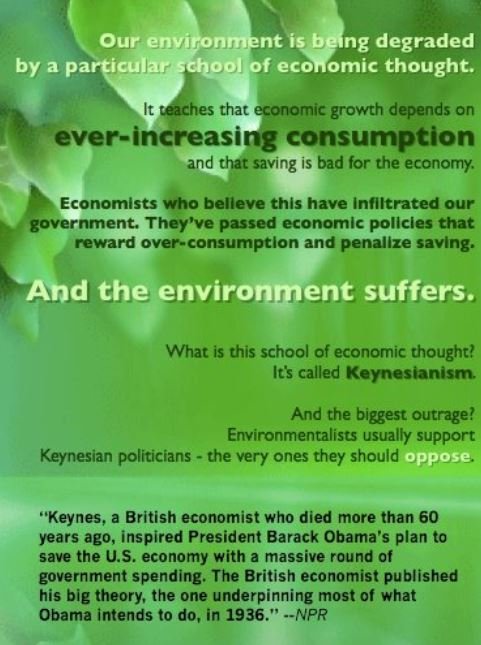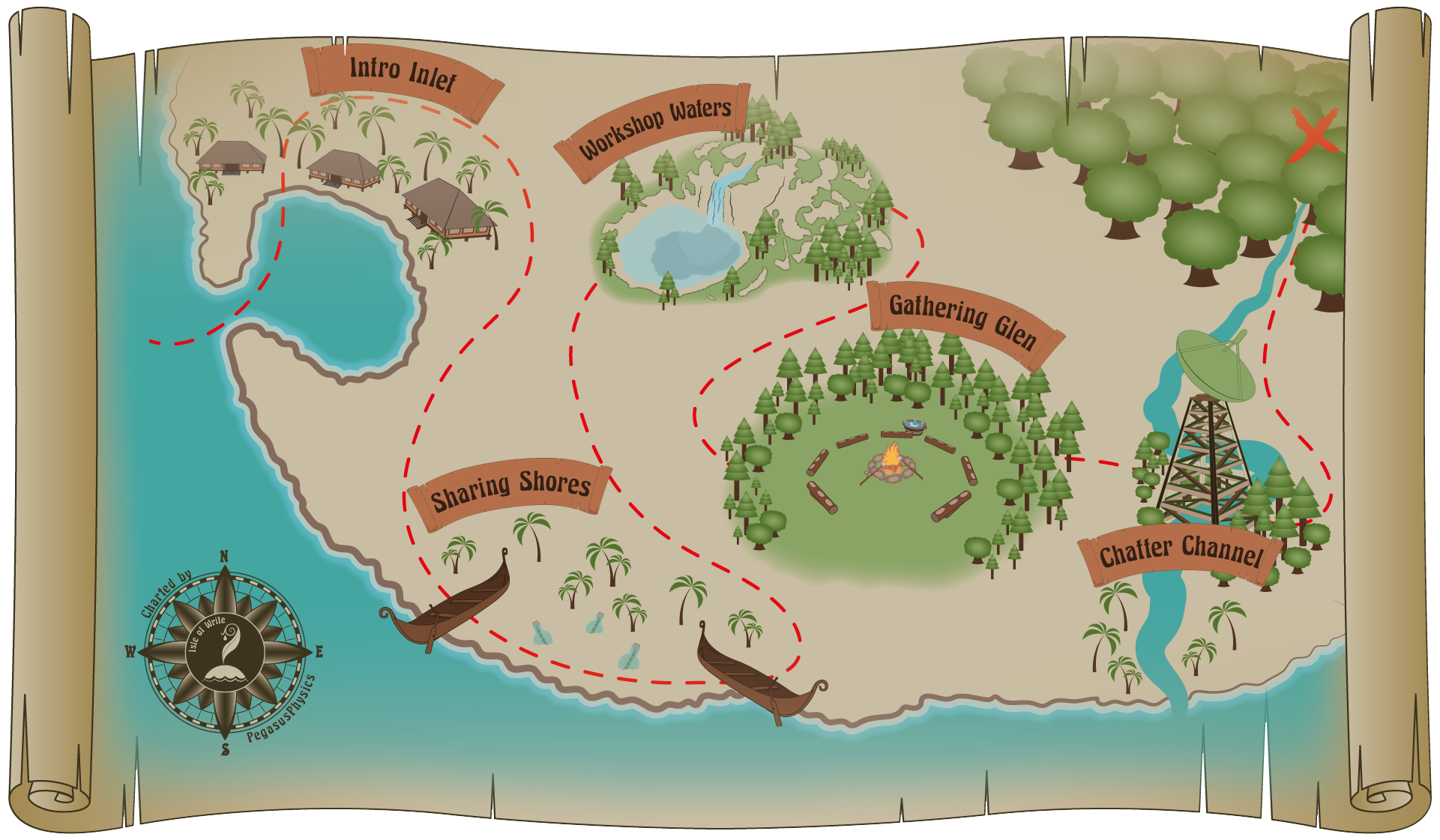
Part 1 | Part 2 | Part 3 | Part 4 | Part 5 | Part 6 | Part 7
Part 8 | Part 9 | Part 10 | Part 11 | Part 12 | Part 13 | Part 14
Part 15 | Part 16 | Part 17 | Part 18 | Part 19 | Part 20 | Part 21
When we blame government for not enacting sustainable policies, we tend to assume it's the Republicans in government who are really to blame. Republicans are associated with big business and our overconsumption in the US. On the other hand, Democrats are considered to be liberals who want to protect the environment and who promote sustainable practices in their campaign promises.
But when you look closer, it becomes clear that Democrats and liberals in government are not really helping the cause of sustainability. Even when they claim success, like President Clinton did with cap-and-trade, the truth is that many “green” policies are simply laws to enrich big business. Cap-and-trade didn't stop pollution; it made pollution profitable.
Many people thought, though, that when President Obama took office, environmental policies would improve. They thought Obama would force big business to behave more sustainably. After all, Obama was a Democrat who claimed to care about the environment. He was going to do away with the business-as-usual lobbying and the pro-consumption economics of before and instead implement fresh, sustainable policies. But did he?

Obama ended up pursuing the same pro-consumption Keynesian policies of every president before him since FDR, so no change there. But what about environmental policies, in particular?
When Obama came into office in 2008, his choices for staffing the Environmental Protection Agency (EPA) were announced in the New York Times, along with a claim that our environmental problems were largely the result of our dependence on foreign oil. Just a few paragraphs later, it was announced that Lisa Jackson, who attended college on a scholarship funded by Shell Oil Company, would head up Obama's EPA.
The article also announced that Carol Browner would be the White House coordinator of environmental and energy policy. Reese Schonfeld, a co-founder of CNN, wrote in his Huff Post blog that this was a horrible choice, mainly because of her lobbying connections to energy interests in Dubai:
“Browner has spent the last eight years working with Madeline Albright in an international consulting business, and among her clients was the Dubai port company that tried to acquire the rights to manage American ports... Browner’s third husband, Tom Downey, a former New York Congressman, also lobbies for Dubai as the chairman of the Downey McGraw Group, another lobbying company... It would take an awful lot of pussy-footing to dance around Dubai’s participation in the energy industry, and Browner should be disqualified on those grounds alone.”
On top of that, Obama's Deputy Secretary of the Interior was a former tobacco lobbyist. And Jeff Berman and Broderick Johnson, two members of Obama's campaign staff, were lobbyists for the Keystone Pipeline, a project most environmentalists opposed.
This was not a new government enthusiasm for protecting the environment. This was business as usual. But was the previous Democratic administration under the supposedly environmentally friendly administration of President Clinton any different?
Linda Fisher, a Monsanto lobbyist, and Lidia Watrud, a Monsanto researcher were both appointed to Clinton's Environmental Protection Agency. Theresa Fariello, a lobbyist for ExxonMobil was appointed to his Department of Energy. The director of the Senate Energy & Natural Resources Committee during the Clinton administration was a lobbyist for the Independent Petroleum Association of America. And Murray Liebman, a lobbyist for the American Gas Association, was Clinton's co-creator of the President's Council for Sustainable Development in the White House Office on Environmental Policy.
And these are just the highlights. There are hundreds of examples of these “fox watching the hen house” appointments in Democrat administrations.
If we ever hope to create a sustainable world, we need to realize something: the government, whether conservative or liberal, will never solve sustainability. One reason why the environment continues to be a political issue is because very little that the government has done for the environment has actually helped, even when the government claims it has. Most of the government's regulatory agencies are staffed by the very corporations that are degrading the environment. And most of the laws that are passed are designed to help big business at the expense of the environment.
Hopefully, as a first step, we can begin to realize that just because politicians claim to support sustainability does not mean they actually do, and that is especially true for liberal Democrats.
This article is one of a series I'm writing for the 30 Day Writing Challenge hosted by @dragosroua. If you want to join, write on a topic that interests you or that you'd like to learn more about and use the tag #challenge30days. As Dragos says, "The key word sequence here is: "write every day."

Think you'd like to wash up on our shore?
The treasure map will bring you right to our door!


